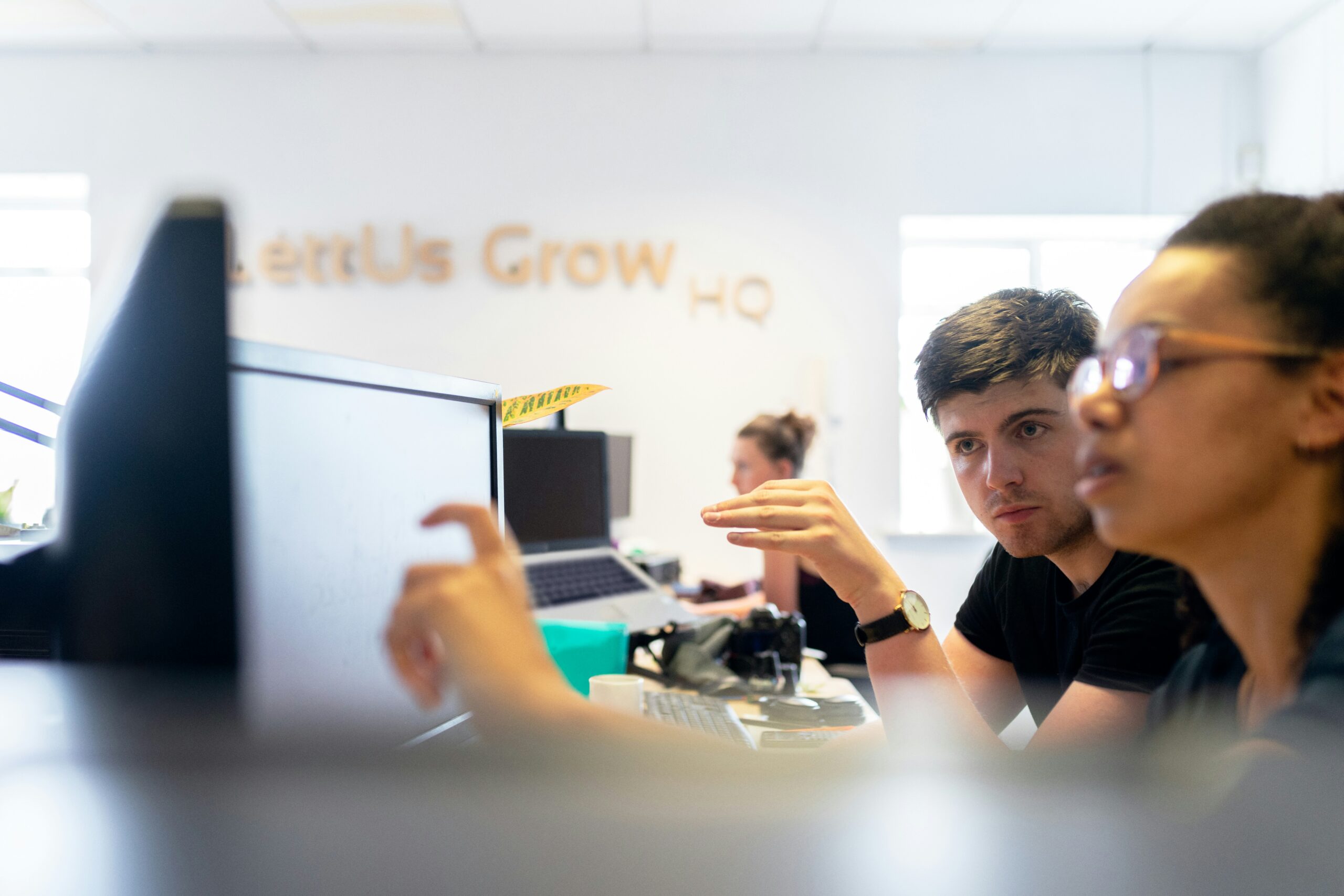What leader isn’t looking for new ways to make their business more efficient and cost effective? What supplier isn’t claiming methods and solutions to help them achieve it?
Across the board, everybody’s trying to make improvements and everybody else is offering assistance (at a cost, of course). But the underlying reality is that it’s actual people, on the front line, making change happen. Business leaders want their staff to get on with it, get it done and – if they wouldn’t mind – do so in better and more efficient ways.
However, as KPMG’s chairman discovered last week, telling your staff to ‘stop moaning’ and just get on with it whilst they’re struggling with the ongoing COVID crisis is a sure-fire way to lose friends and alienate people. Indeed, in Bill Michael’s case, it looks like it cost him his job.
Through our direct experience with clients, we’ve seen that their teams are getting on with things anyway, without this sort of ‘motivational’ language. In fact, we’re seeing staff going above and beyond to keep things going for their businesses.
The question is, is this just working harder, rather than smarter?
Stop accepting the pains
It’s impressive just how much change a team can absorb without realising the cumulative impact of all of the minor adjustments and workarounds. Ways of doing things quickly become embedded – the new methods work well enough and get the job done, so why look to change?
There’s a term, the ‘hedonic treadmill’, which references the fact that we rapidly return to a relatively stable level of happiness despite recent major positive or negative events. This balancing out of equilibrium explains why we quickly settle into new working patterns, even if they require more time and energy from us.
But there’s a difference between getting the job done and getting it done in the best way. The gap between those two levels of performance and efficiency can mean the difference between an organisation that is just about surviving and a world-class wholesale/distribution business.
Don’t deal with the problem, remove it
Undeniably, there’s a lot going on right now: a pandemic, Brexit, changes in consumer behaviour, suppliers working out how to adapt to the changes and retailers establishing updated trading models within evolving restrictions. These changes are all going to have a lasting role to play – although exacerbated by COVID, it could be argued that they were always on the horizon, their arrival has merely been accelerated.
Rather than working to deal with problems that emerge, now is the time to fix them entirely, to rise up and make a change to improve the way you work. Nothing creates opportunity like a crisis.
A time for improvement
When asked, Bill Michael will probably try to argue that his ‘stop moaning’ comment didn’t come across as he intended it. He’ll likely say that what he wanted was for people to get their job done effectively and use the current conditions as a stimulus for making positive change. In itself, that’s a message we can get behind.
Our wholesale/distribution benchmark survey is revealing the areas where firms currently see the priority focus for improvement. Based on the anatomy of a world-class wholesale distribution firm, our early findings indicate that intelligent replenishment and robust governance are the areas offering the greatest potential for positive impact.
What business leaders really want from their loyal, hard-working and in some cases, long-suffering teams is for them to step up and take the initiative. They are looking for solutions that remove the problem instead of continually having to deal with it. Being able to identify the greatest potential for driving improvement and performance relies on being able to self-diagnose key areas for change. In our experience, this is difficult for organisations which is why we’ve created our diagnostic tool to give you the opportunity to pinpoint priority areas for attention, highlighting specific activities to help you enhance business performance and resilience.
Where can you show initiative and make the greatest gains for your organisation? Try our self-assessment tool today.


